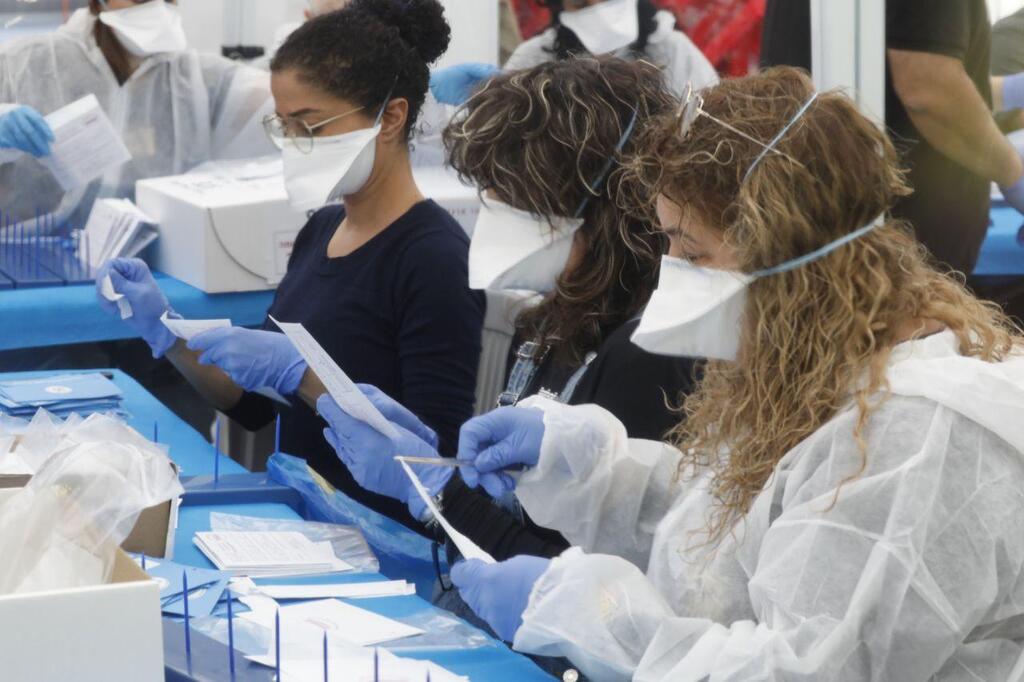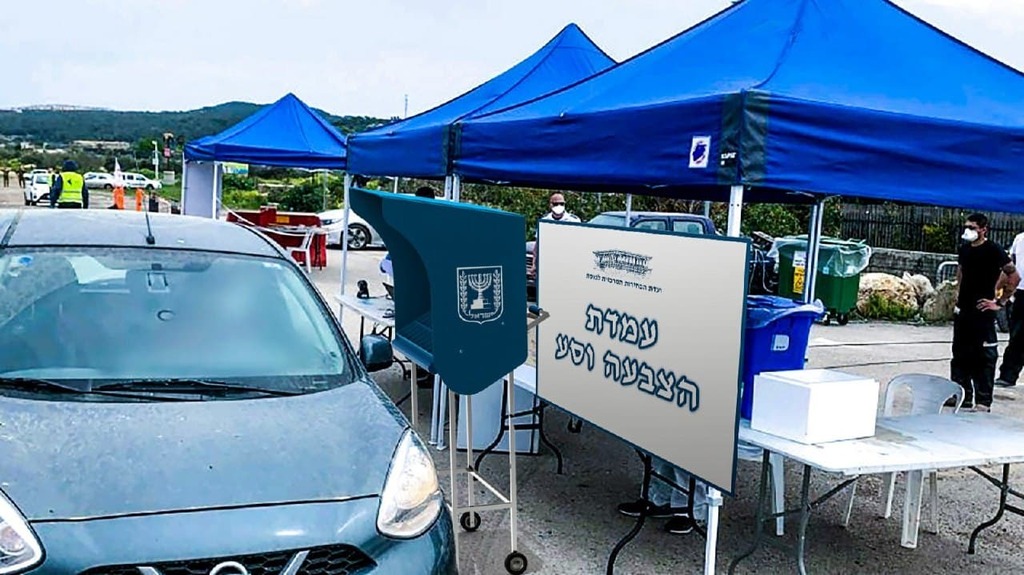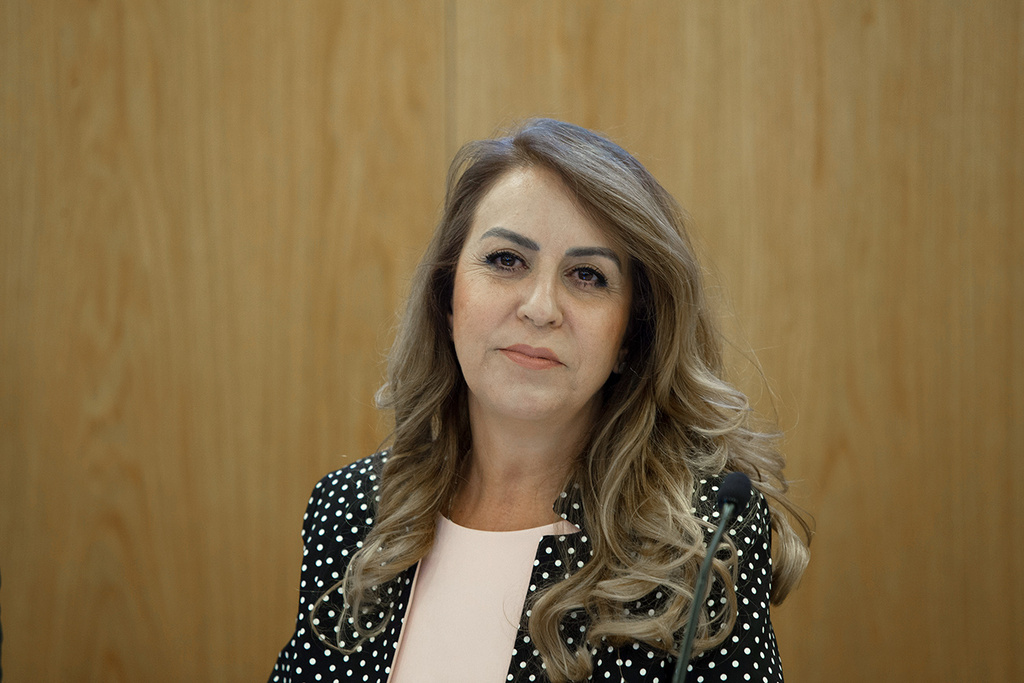Israelis who are sick with COVID-19 will be able to cast their ballots at drive-through polling stations that authorities hope will ensure a smooth election in March while minimizing infection risks.
The March 2021 Knesset election, brought on prematurely due to a seemingly intractable political stalemate, is the country's second since the global coronavirus outbreak. It is also the fourth in two years.
Looking to improve the voting process, the Central Elections Committee said it would now open the drive-through ballot boxes for people diagnosed with coronavirus.
Voters will pull up to a station, a ballot box will be rolled up to their window, and they then present their ID and pick a candidate without having to step outside.
"The station safeguards the secrecy of the vote," the committee's director-general, Orly Adas, told reporters.
Polling station workers will be wearing protective equipment and the committee is consulting with the Health Ministry to come up with the safest protocols.
This could include staffing the stations only with those who have recovered from COVID-19 and those who have been vaccinated, she said.
In addition, approximately 350 nursing homes also will be equipped with their own polling stations, to enable the elderly to vote without coming into contact with the general public.
3 View gallery


Central Election Commission workers counting ballots during the March 2020 election
(Photo: Shaul Golan)
The committee estimated the cost of protective gear and the addition of thousands of voting stations and poll workers would reach at least NIS 65 million (approx. $20.2 million).
Health officials remain optimistic that with proper preparation and planning, Israel can get through the coming months with minimal damage.
"We want people to be safe when voting," says Central Election Commission spokesperson Giora Pordes.
"The coronavirus is a huge factor making things unknown. We’re just starting the process to get things in order, figuring out exactly how to do this. We’re working on it and expect to bring a budget for approval in mid-January 2021."
The Media Line contributed to this report



